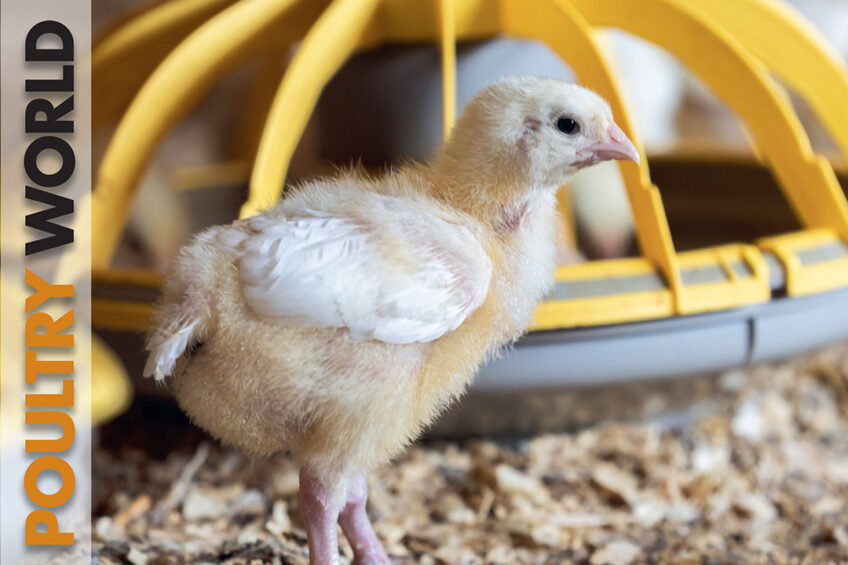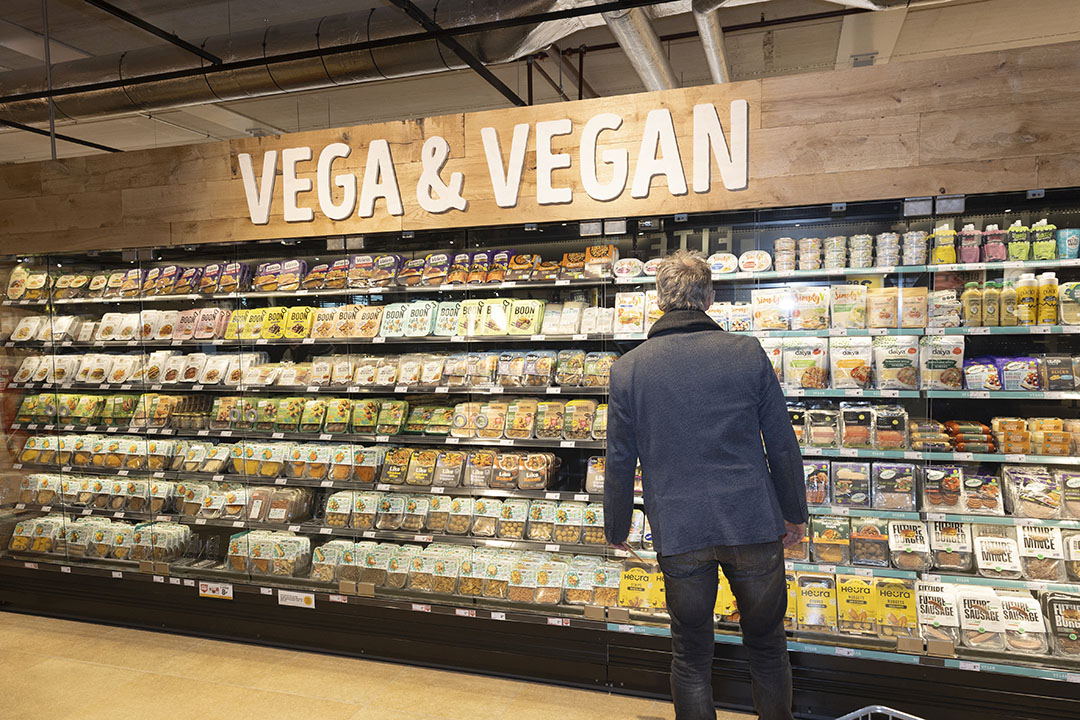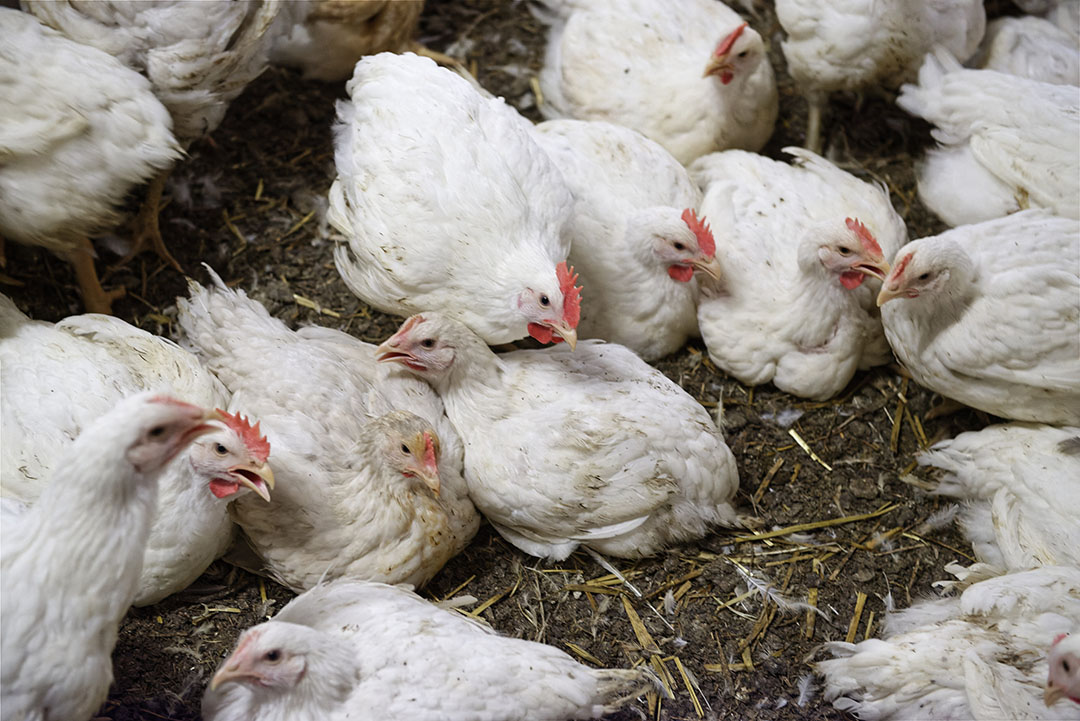Welfare highlighted in the latest edition of Poultry World

This edition of Poultry World takes a closer look at the Better Chicken Commitment and determines how those who have signed up are faring. We visit a layer farm in Switzerland that focuses on profits rather than costs, and look frankly at the alternative protein market where there appears to be trouble in paradise… This and more in the latest edition of Poultry World.
‘Accepting higher expenses for a higher income’
The focus is not on costs but on revenues at a profitable farm home to 18,000 laying hens in Switzerland. Poultry World visits Daniel Würgler who manages the laying house and he takes us on a tour of the farm.
Alternative proteins beyond the hype
Between 2010 and 2020, approximately US$6 billion was invested globally in the development of alternative proteins. But, after riding the hype for a couple of years, there appears to be trouble in paradise.

Committing to a ‘Better Chicken’ in the UK
In the UK, 128 companies have signed up to the Better Chicken Commitment. The UK is leading, followed by France, Germany and Sweden. Poultry World spoke to the frontrunners of this pack so see how they are faring.
Connecting broiler breeder microbiota to performance
It is well known that intestinal microbiota play a crucial role in health and production performance of chickens, and so it makes sense that this field of study has gained increasing interest. Research offers a foundation to develop targeted strategies to optimise bird health, welfare and performance.
Laser enrichment reduces muscle damage in fast-growing broilers
By tapping into a bird’s natural curiosity to follow light patterns, researchers set out to determine the impact of a slow-moving laser projections in a broiler pen. We explored the results of a study on this unique method of enrichment, which was able to get the birds on their feet and moving.

How high incubation temperature affects embryonic broilers
Researchers recently studied the effect on broilers of high incubation temperature from embryonic day 12 to day-of-hatch.
Monitoring and controlling worm pressure
While almost all poultry farmers encounter parasitic gastrointestinal worms in their flocks, the number of adult worms and worm eggs present in a flock as well as the worm species determines the seriousness of the situation. We also consider some tips for taking a proper manure sample practical ways to combat worms.
Positive outlook for halal poultry market
Market analysts forecast steady growth in demand for halal meat, both in and outside traditional Muslim regions. While halal guidelines were formulated thousands of years ago, there are variations on what poultry can be considered halal, resulting in major market segmentation.













